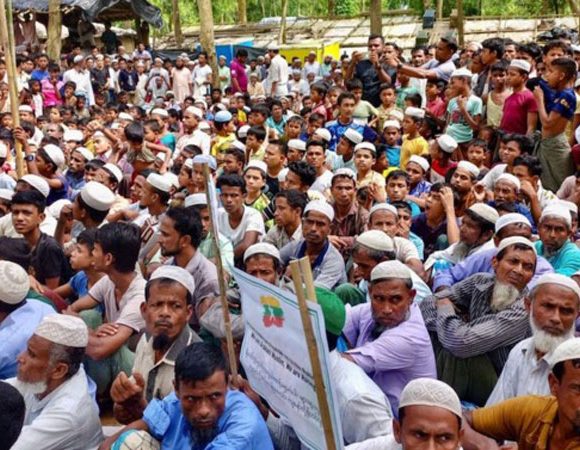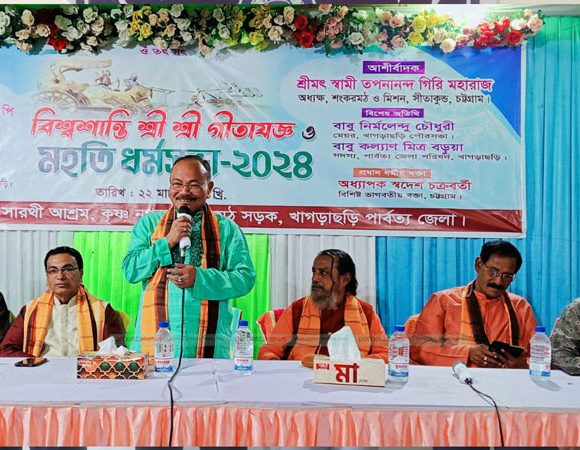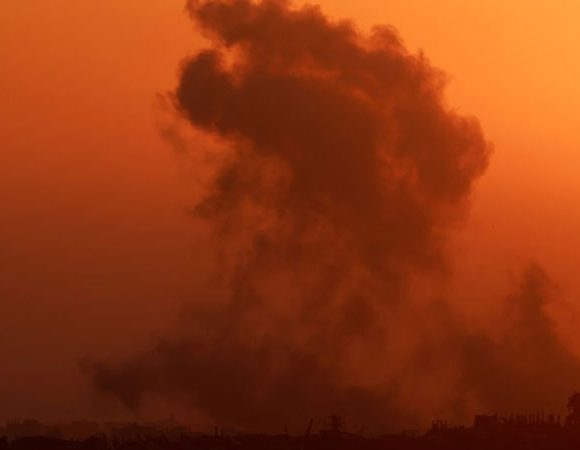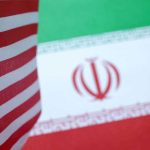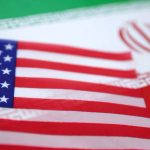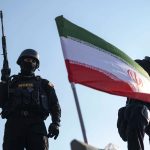Rohingya Crisis: UN envoy seeks renewed int’l attention, burden-sharing by other countries
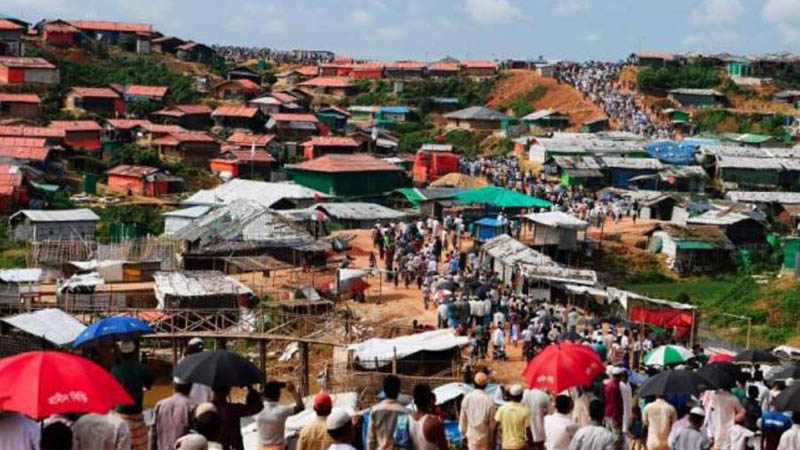
NEWS DESK
United Nations Special Envoy of the Secretary-General on Myanmar Noeleen Heyzer has said it is critical that the international community continues to seek comprehensive, durable and inclusive solutions to the Rohingya crisis.
“We cannot let this become a forgotten crisis,” said Special Envoy Heyzer on her four-day mission to Bangladesh.
On the five-year mark of the forced mass displacement of Rohingya from Myanmar’s Rakhine State, Bangladesh continues to show “great generosity and leadership” in hosting refugees, which requires renewed international attention and equitable burden-sharing by countries in the region and beyond, she said on Thursday (Aug 25, 2022).
In their productive discussions, the Special Envoy thanked Prime Minister Sheikh Hasina for her leadership and expressed the United Nations’ deep appreciation to the people and government of Bangladesh for their immense contribution.
“I will continue to advocate for greater leadership of countries in the region in supporting Bangladesh and leveraging their influence with Myanmar to create conducive conditions for the voluntary, safe and dignified return of refugees,” she said.
She also highlighted Bangladesh’s pivotal role in working with ASEAN.
“The generosity of Bangladesh and host communities towards Rohingya refugees in their time of need conveys a critical need for greater international and regional commitment to burden share and ensure that the Rohingya do not become forgotten,” Special Envoy Heyzer said.
She highlighted the major pressures on Bangladesh as host of one of the largest refugee populations in the world, which has been exacerbated by the COVID-19 pandemic and climate change.
About 1 million Rohingya refugees are still living in camps in Bangladesh, with tens of thousands more across the region, and over 140,000 internally displaced persons remaining confined in camps in Rakhine.
Driven by desperate hardship conditions, Rohingya people continue to undertake perilous land and sea journeys that expose them to criminal exploitation including human trafficking and gender-based violence.
The Special Envoy emphasized that it was ultimately Myanmar’s responsibility to establish conducive conditions for the voluntary, safe, dignified and sustainable return to Myanmar of all refugees and forcibly displaced persons.
The rights and security of the Rohingya people must be guaranteed and embedded in Myanmar-led solutions towards a peaceful, democratic and inclusive future guided by the recommendations of the Advisory Commission on Rakhine State.
In the context of grave human right violations and unmet protection needs in Myanmar, finding solutions to this crisis and addressing needs and human rights of Rohingya in Rakhine State must include the meaningful participation of those affected, especially Rohingya refugees.
During her visit to the refugee camps in Bangladesh, Special Envoy Heyzer witnessed first-hand the hard work of United Nations agencies among many actors, including civil society organisations, local NGOs and INGOs that provided critical assistance.
“In this operationally challenging environment, I saw Rohingya resilience and hope, innovative and empowering activities carried out by UN agencies and partners, as well as Bangladeshi authorities’ leadership, which all come together while the refugees remain in Bangladesh and waiting for lasting solutions to their plight,” she said.
The refugees in the camps shared direct accounts of the horrendous ordeals they endured as they were uprooted from their homes.
“They repeatedly expressed their desire to return to Myanmar in safety and dignity, and their messages were very clear – to be able to go back to their homes, to have freedom of movement and rights to citizenship.”
The Special Envoy highlighted education and vocational training as powerful tools to prepare Rohingya refugees for their return to Myanmar, enhance lifelong opportunities and equip them to contribute to a more inclusive and peaceful future.
“Generations could be affected if we fail in our obligation to protect the Rohingya and all the people of Myanmar, their fundamental rights and dignity,” Special Envoy Heyzer said.
“We need to look at sustainable solutions and think outside the box. This includes working with member states, regionally and internationally, to address root causes of Rohingya vulnerabilities, as compounded by their stateless status, and prepare refugees for sustainable return, as well as immediate attention to lifesaving needs and multistakeholder approaches to enhancing protection for Rohingya communities across the region.”
Based on community efforts, there have been some positive signs of improved social and economic inclusion for Rohingya people in Rakhine State, although progress is fragile and put at risk by potentially escalating violence.
The current situation requires predictable and consistent support from the international community for refugees and host communities.
The 2022 Joint Response Plan for the Rohingya Humanitarian Crisis in Bangladesh, seeking over US$881 million to meet the needs of more than 1 million people, including Rohingya refugees and the most affected host communities, is so far only 49-per-cent funded.
Based on the Special Envoy’s extensive consultations with stakeholders, including Rohingya representatives, there are clear signs of unprecedented solidarity among youth across all communities to reimagine Myanmar’s future democracy, human rights and governance, in which the Rohingya are included.
“The Rohingya made it clear they want to be engaged directly and meaningfully. They feel that their exclusion from discussions and decisions about their future has entrenched their marginalization,” the Special Envoy said. Women are at the center of the Special Envoy’s efforts, including through the Women, Peace and Security (WPS) Platform on Myanmar.
In her recent mission to Malaysia and meetings with Prime Minister Ismail Sabri Yaakob and Foreign Minister Saifuddin Abdullah, the Special Envoy emphasized the need to keep the Rohingya high on the ASEAN and international and regional agendas, including education and vocational training opportunities that will help prepare the refugees for return.
The Special Envoy has also recently consulted with the Organisation of Islamic Cooperation Contact Group on the Rohingya Crisis and briefed the United Nations General Assembly in June regarding the urgency of support for refugees and host communities.
“As the Secretary-General reiterated on this solemn occasion, following the military takeover in February 2021, the humanitarian, human rights and security situation in Myanmar has deteriorated,” she said.

